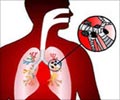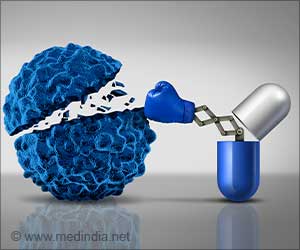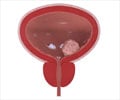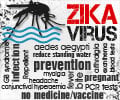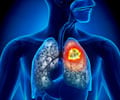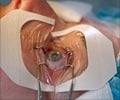Medindia adheres to strict ethical publishing standards in publishing to deliver content that is accurate, relevant, and current. We ensure the integrity of our materials by sourcing from authoritative sources including peer-reviewed journals, academic institutions, research organizations, medical associations and, in some cases, non-profit organizations. We welcome and value audience feedback as a part of our commitment to health literacy and informed decision-making.
- 1. What Is Lung Cancer?
- (https://www.cancer.org/cancer/lung-cancer/about/what-is.html)
- 2. Signs and Symptoms of Lung Cancer
- (https://www.cancer.org/cancer/lung-cancer/detection-diagnosis-staging/signs-symptoms.html)
- 3. Lung Cancer: Epidemiology, Etiology, and Prevention
- (https://www.ncbi.nlm.nih.gov/pmc/articles/PMC3864624/)
- 4. Age is a prognostic factor affecting survival in lung cancer patients
- (https://www.ncbi.nlm.nih.gov/pmc/articles/PMC3813578/)
- 5. Lung Cancer Fact Sheet
- (https://www.lung.org/lung-health-diseases/lung-disease-lookup/lung-cancer/resource-library/lung-cancer-fact-sheet)
- 6. What Are the Risk Factors for Lung Cancer?
- (https://www.cdc.gov/cancer/lung/basic_info/risk_factors.htm)
- 7. Health Problems Caused by Secondhand Smoke
- (https://www.cdc.gov/tobacco/secondhand-smoke/health.html)
- 8. Tests for Lung Cancer
- (https://www.cancer.org/cancer/types/lung-cancer/detection-diagnosis-staging/how-diagnosed.html)
- 9. How Is Lung Cancer Diagnosed and Treated?
- (https://www.cdc.gov/cancer/lung/basic_info/diagnosis_treatment.htm)
- 10. Lung Cancer Survival Rates
- (https://www.cancer.org/cancer/lung-cancer/detection-diagnosis-staging/survival-rates.html)



